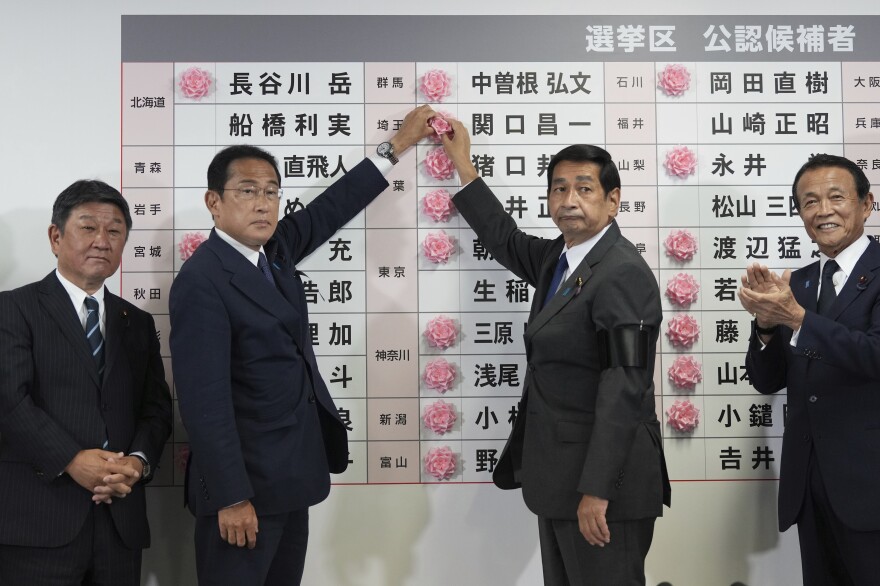
The Japanese government party and coalition partners scored a big victory in the Sunday parliamentary election which was filled with meaning after the murder of former Prime Minister Shinzo Abe in the midst of uncertainty about how the loss could affect party unity.
The Liberal Democratic Party and its junior coalition partner, Komeito, raised their combined part of room 248 to 146-exceeding the majority-in the election for half the seats in the high assembly.
With encouragement, Prime Minister Fumio Kishida stood to rule without interruption until the election schedued in 2025.
That will allow Mr. Kishida to work on long-term policies such as national security, his signature but still vaguely the “new capitalism” economic policy, and the old goal of his party to change the Pacific Constitution after the US.
The proposal for charter change is now a possibility. With the help of two opposition parties that support changes in the charter, the block that regulates now has two -thirds of the majority in the rooms needed to propose amendments, making it a realistic possibility. The block that regulates has received support in another room.
Mr. Kishida welcomed a big victory but did not smile, given the disappearance of Abe and the task of being difficult to unite his party without him. In the Media Sunday night interview, Mr. Kishida repeated: “The unity of the party is more important than the others.” He said the response to Covid-19, Russia’s invasion of Ukraine and price increases would be his priority. He said he would also continue to encourage to strengthen Japan’s national security and the amendment to the constitution.
Mr. Kishida and members of the senior party parliament observed the moment of silence to Abe at the party’s election headquarters before placing in the winning tape next to the name of the candidate who secured their seats.
Abe, 67, was shot while giving a campaign speech in the western city of Nara on Friday and died of large -blood loss. He was the longest political leader in Japan for two terms in the office, and although he resigned in 2020 was very influential in LDP when leading his biggest faction, Seiwakai.
This could be a turning point” for the LDP over its divisive policies on gender equality, same-sex mariages and other issues that Abe-backed ultra-conservatives with Paternalistic Family Values Had Resisted, Said Mitsuru Fukuda, A Crisis Management Professor At Nihon University.

